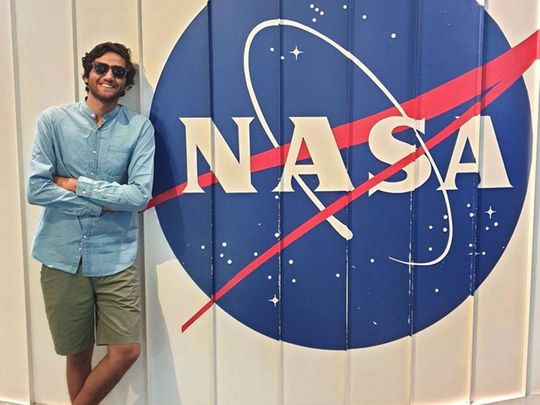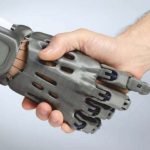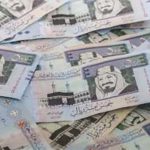Two Pakistani students have developed an artificial intelligence (AI) tool to help diagnose coronavirus amid the shortage of test kits as the government ramps up efforts to combat the virus.
“As the virus is still growing exponentially and our hospitals are already overwhelmed, we decided to turn to artificial intelligence to help promptly identify cases in the absence of testing kits”, said, Mohammad Aleem, a mechanical engineering student who is working on the project.
As the doctors are on the front-line in the battle against the virus and the government is rushing to provide medical supplies, Aleem and his colleague, Rahul Raj, both final year students at Gulam Ishaq Khan Institute (GIKI), turned to technology to help Pakistan fight coronavirus.
“The AI-powered deep learning model that we have developed from scratch can help detect COVID-19 with 92 per cent confidence using computed tomography (CT) scan of lungs” Aleem, 22, told a local newspaper.
The AI detector might offer an alternative way to help diagnose coronavirus patients amid the shortage of testing kits and the unavailability of medical staff. “The detector relies on the chest CT imaging. If the CT scans are available then it would hardly take 10-20 seconds to perform the analysis and find out if the patient is COVID-19 positive,” explains Raj, a computer science student. The detector not only helps save time but also reduces the engagement of experts such as a radiologist.
The automatic analysis can help identify two things. “One it can confirm with 92 per cent confidence if the person has tested positive or negative for novel coronavirus. Secondly, based on medical imagery, it can help locate the exact position, impact and severity of the damage to the lungs,” Raj told Gulf News. The aim is to help doctors diagnose faster so patients can be directed to the next process (such as quarantine or isolation) without spending hours and posing the risk of cross-infection.
Since the detector relies on medical imagery, the major limitations would be the cost of CT scans in Pakistan, which is around Rs5,000-8000, as well as the inaccessibility of the diagnostic equipment.
The AI detector is a deep learning model in which computers learn the same way humans do: By examples and practice. “The more data (such as images and text) an algorithm can train on, the more accurate it will be,” clarified Aleem.
This is why the team is in desperate need of more data and support from the health facilities and government. “We immediately need more CT scans of coronavirus patients to improve the detector’s accuracy and begin testing.” The developers say the government’s support and endorsement can speed up a diagnosis as they are “determined to help save Pakistanis in the time of crisis.”
A few countries such as China are working on a similar AI system for coronavirus diagnosis. However, the data or AI framework is not available as open source. “Our system’s output might be similar but we have our own methodology to achieve the results,” Aleem said.
Mohammad Aleem, a final-year mechanical engineering student at GIKI, is a firm believer that Industry 4.0 will revolutionise the world and this is what motivated him to learn AI. Given his diverse skill set, he is an expert in doing crossover projects merging knowledge from various disciplines. He has experience in working on smart cars, AI assistants, robotic surgery and AI-enabled medical research.














